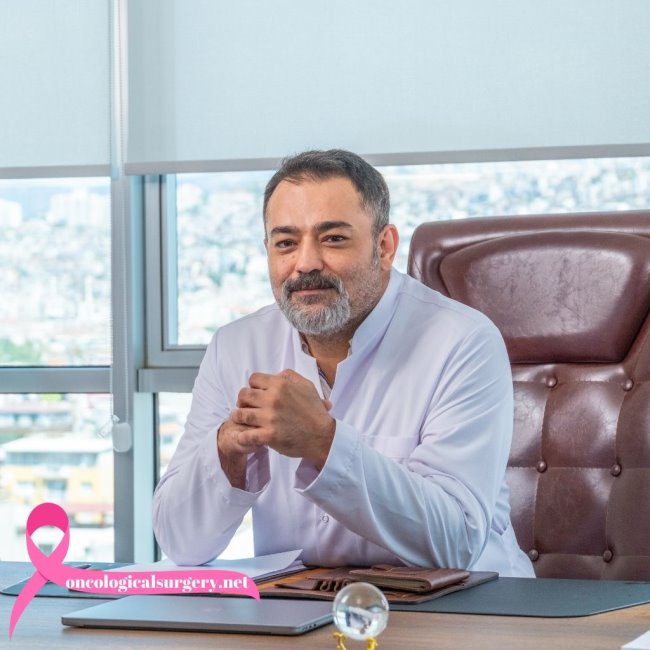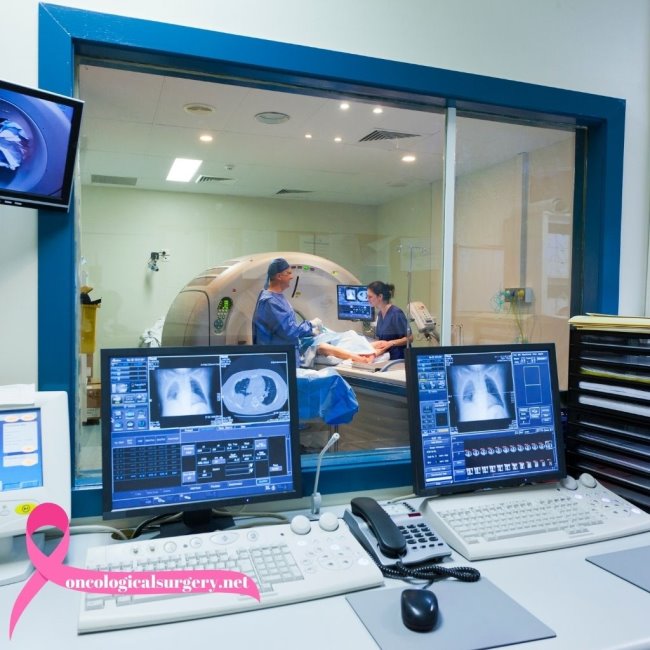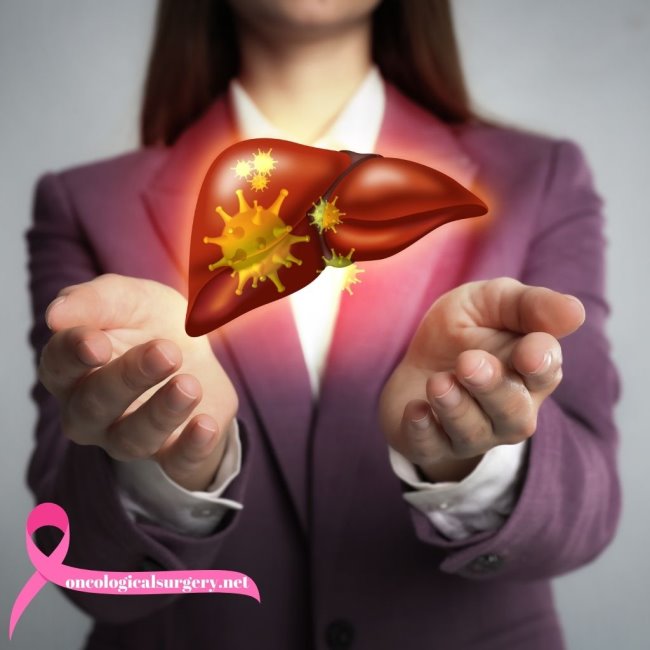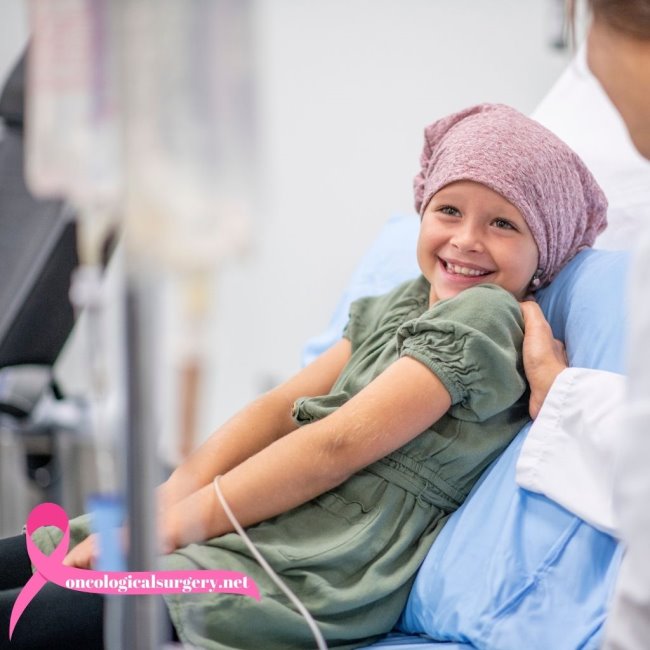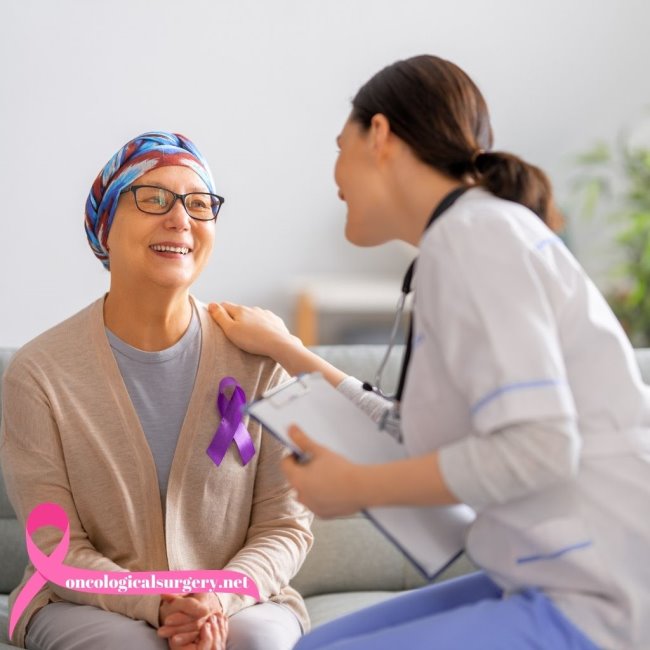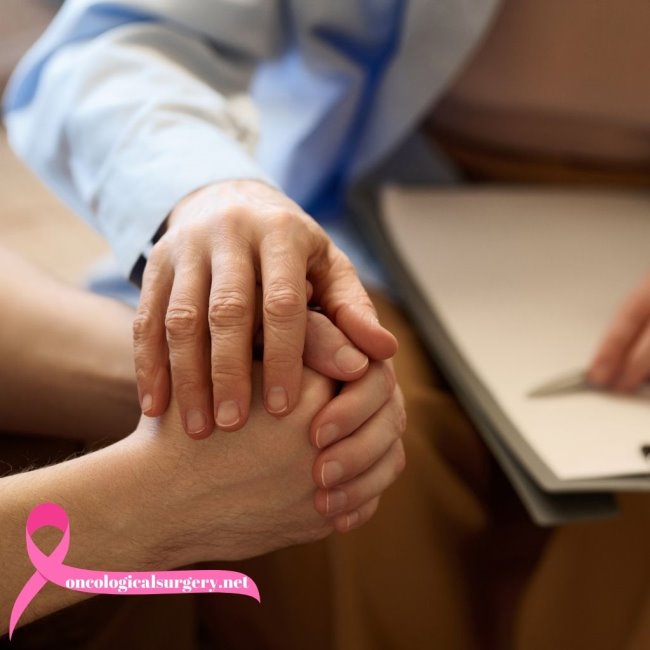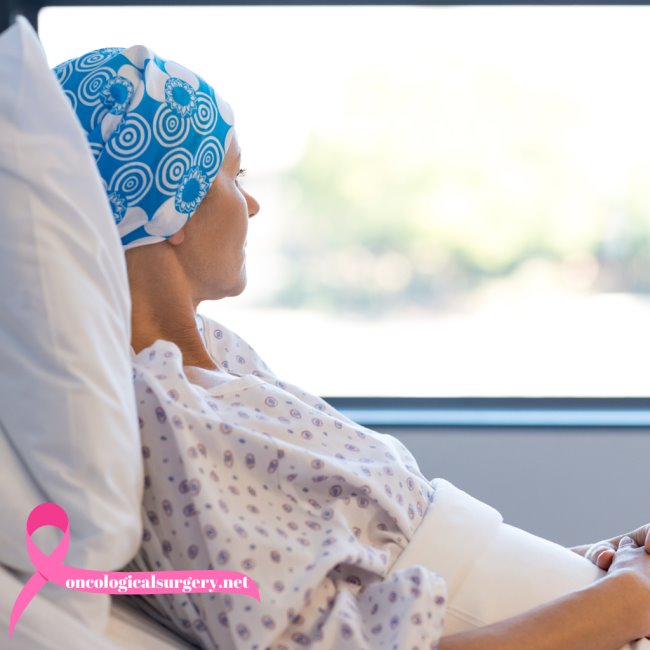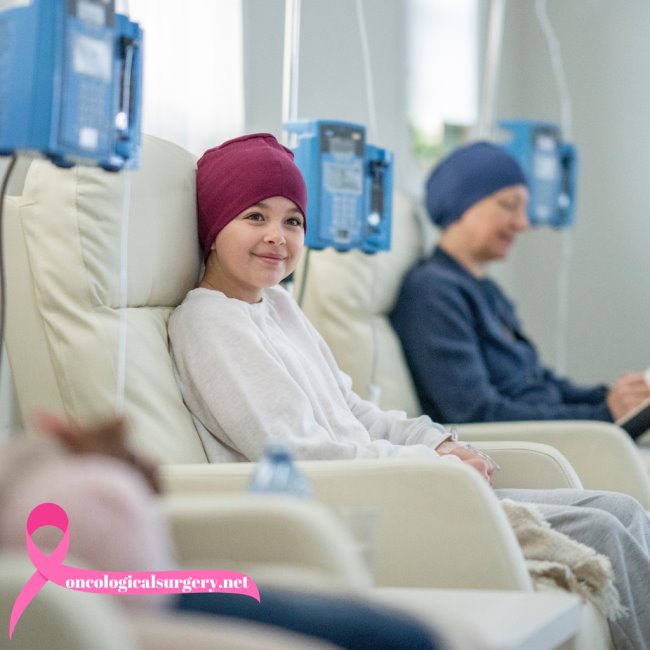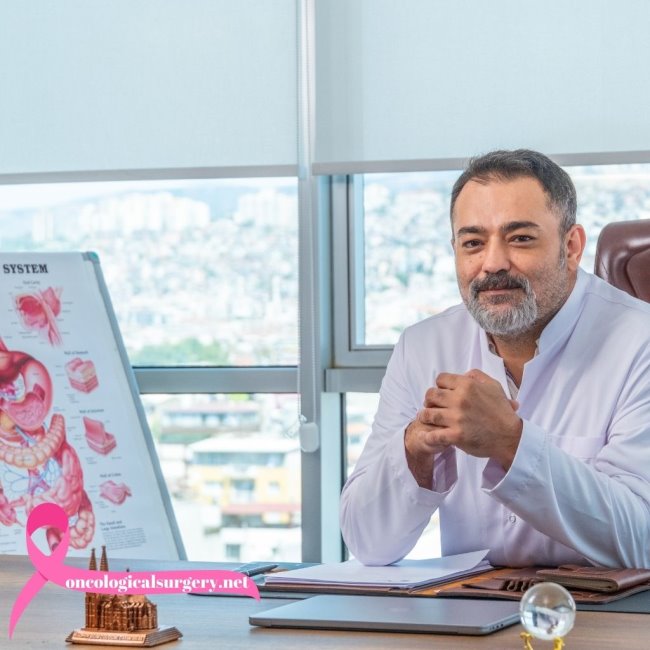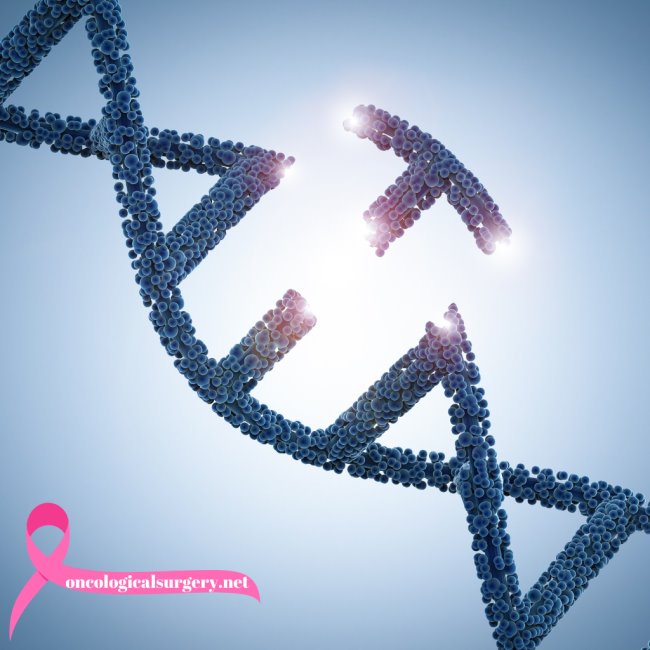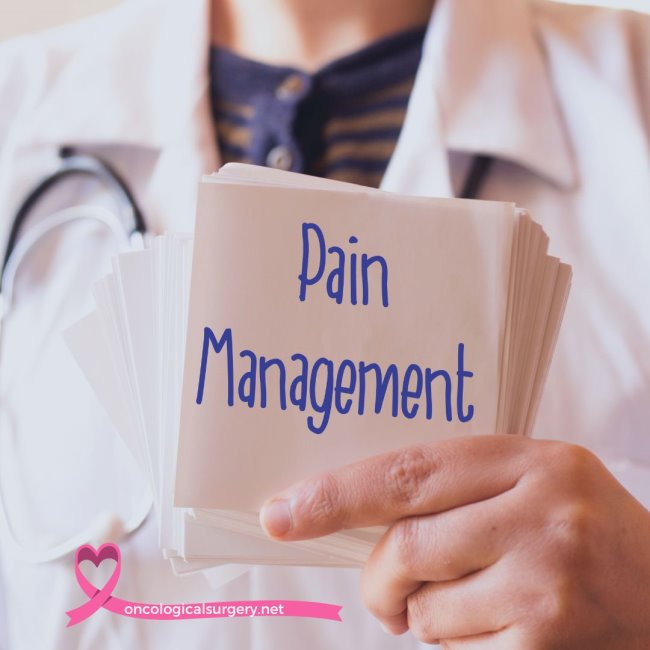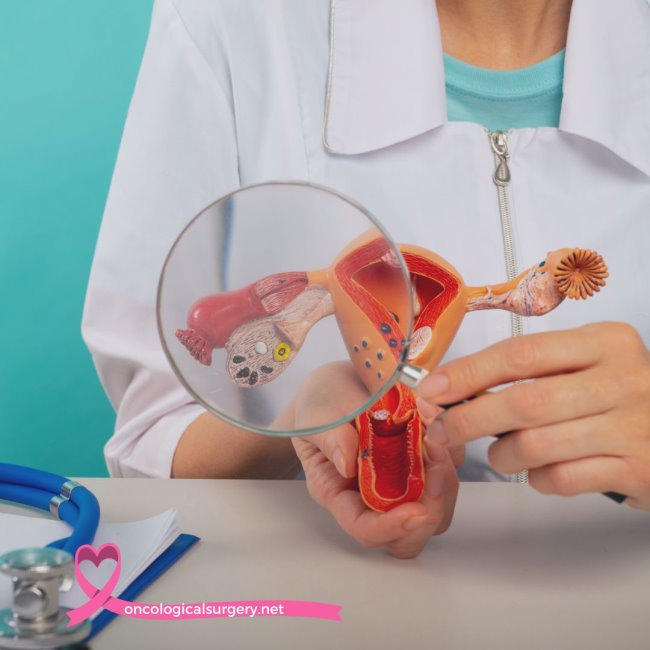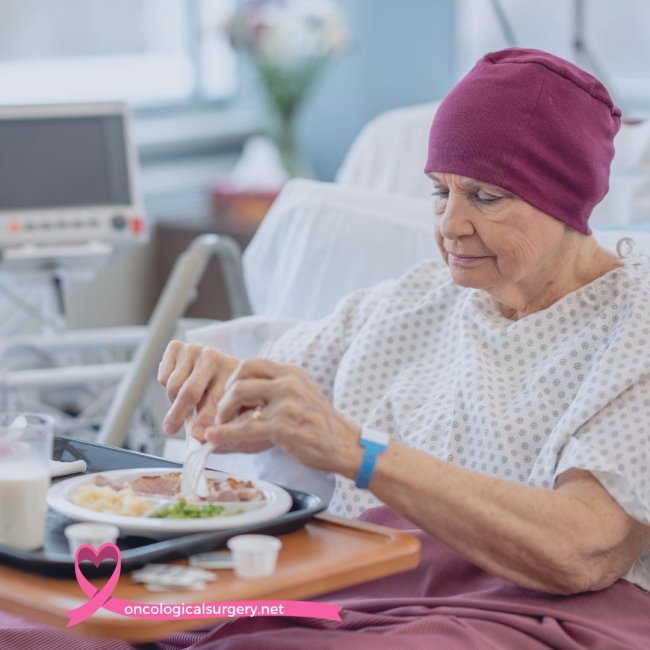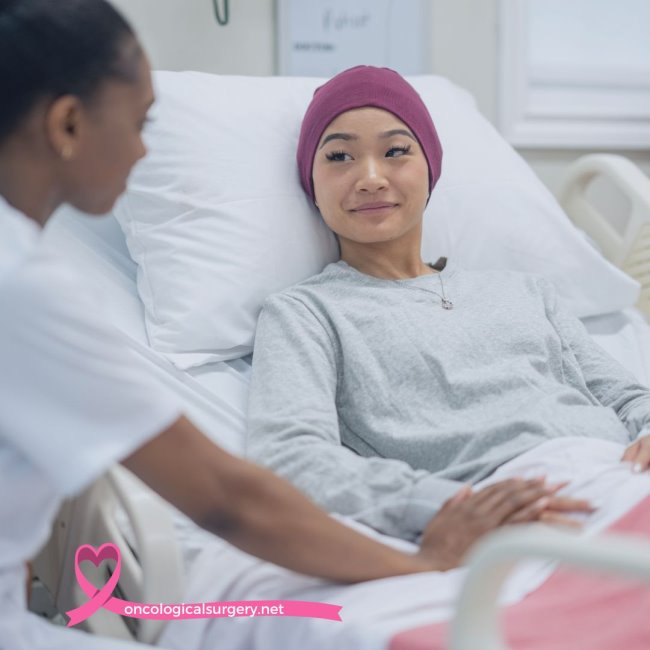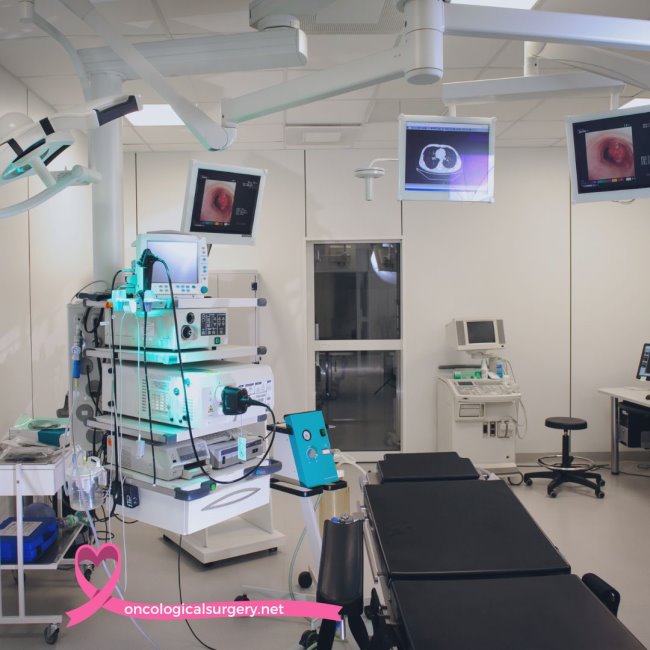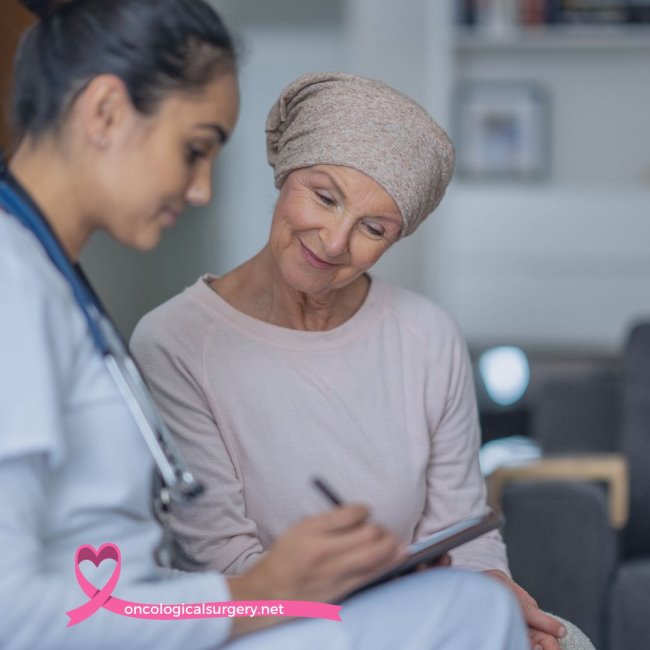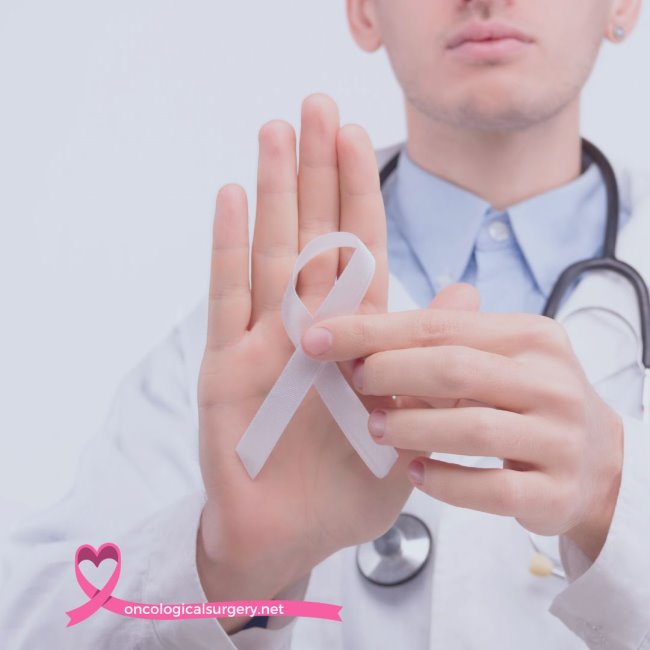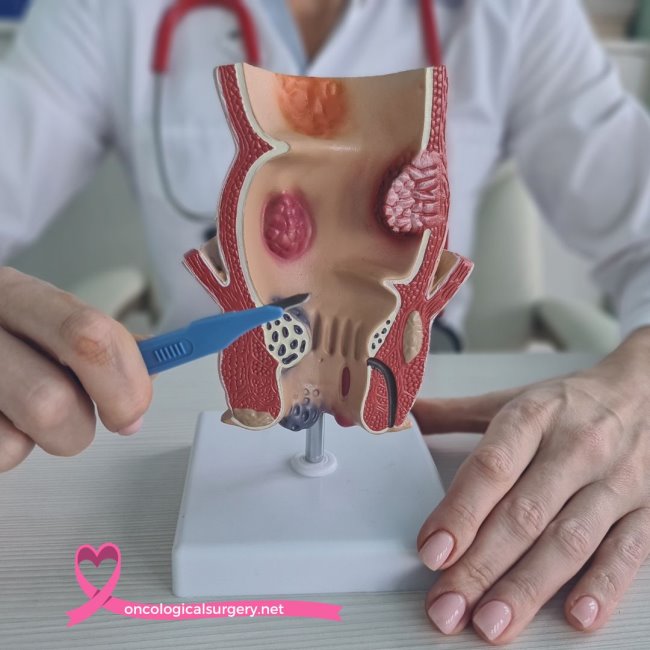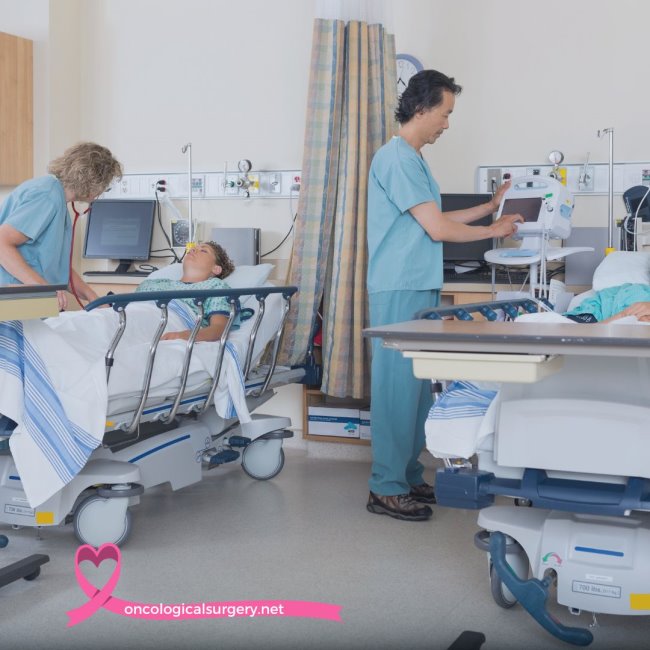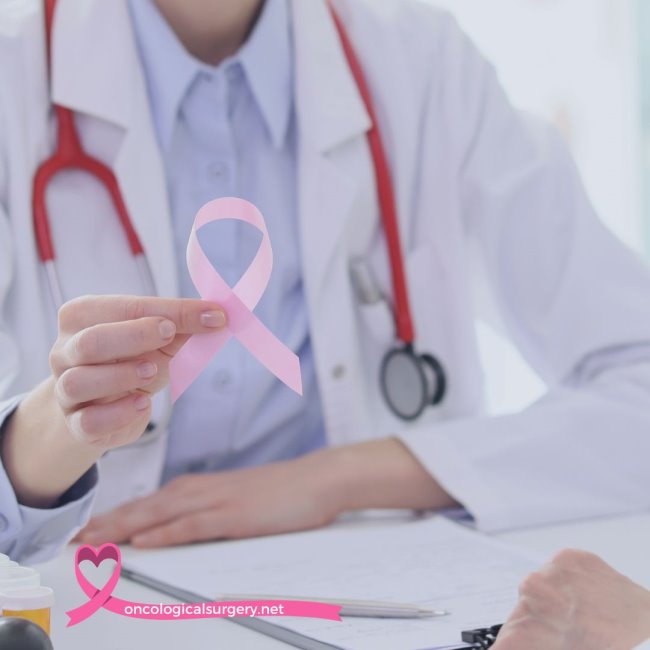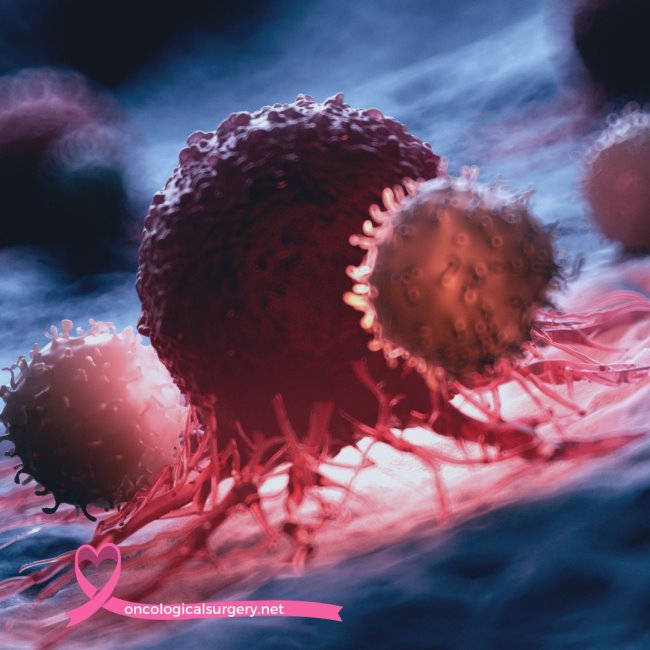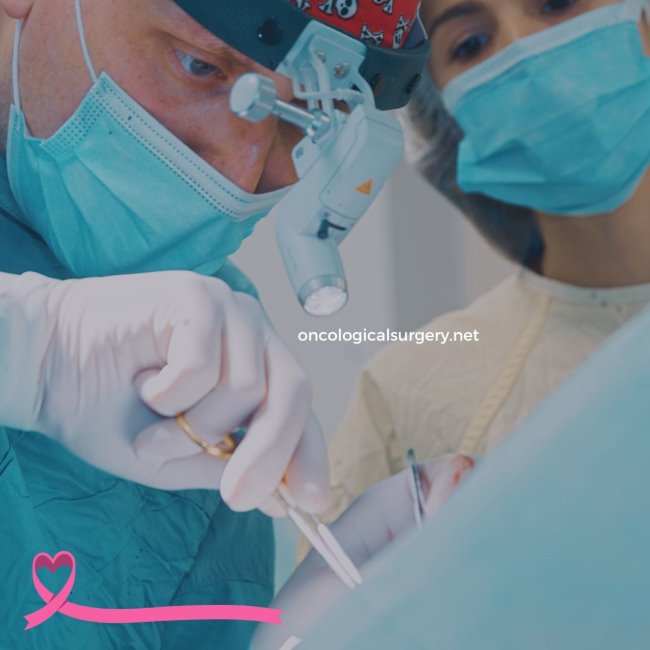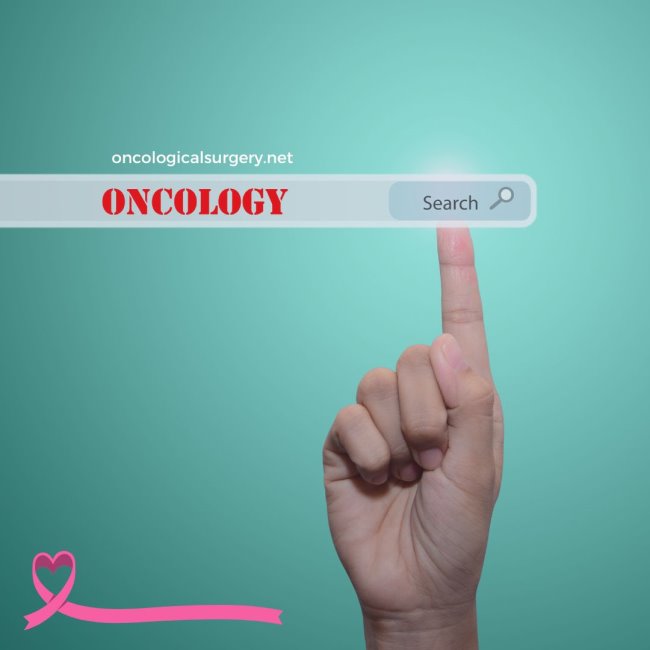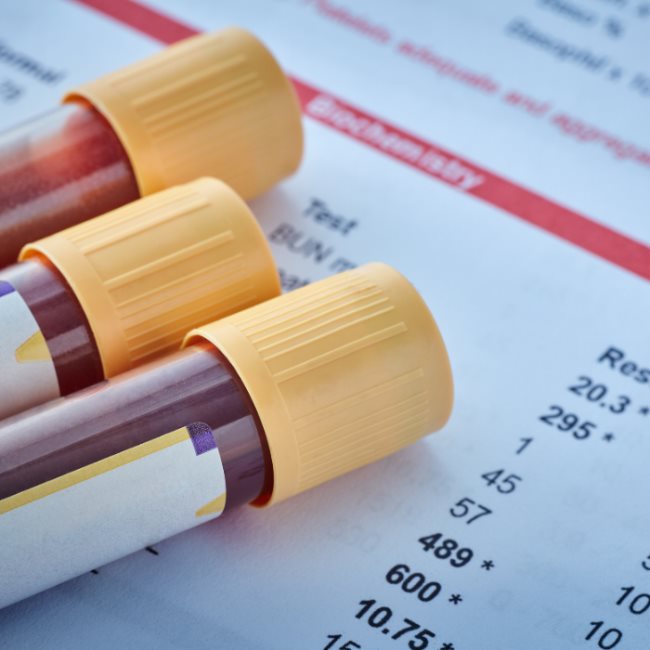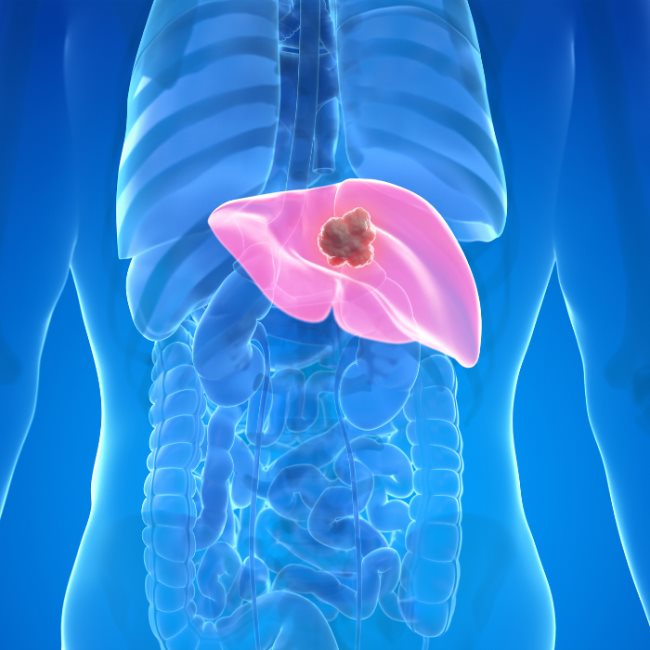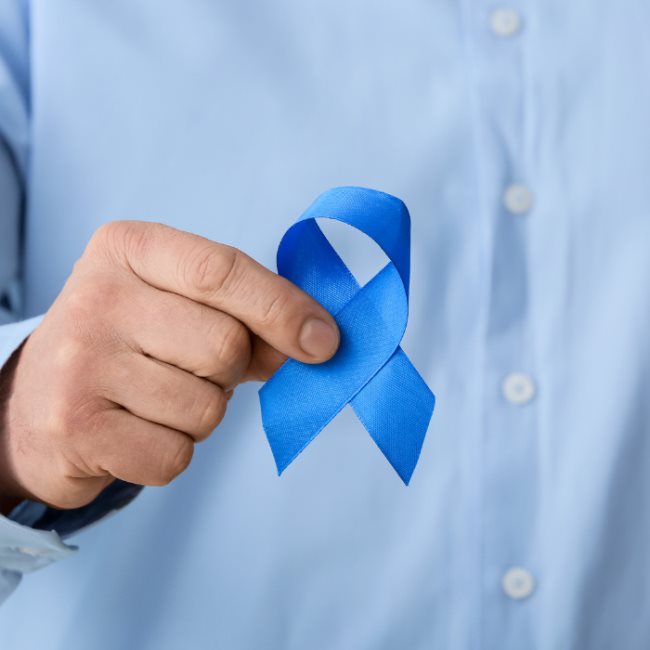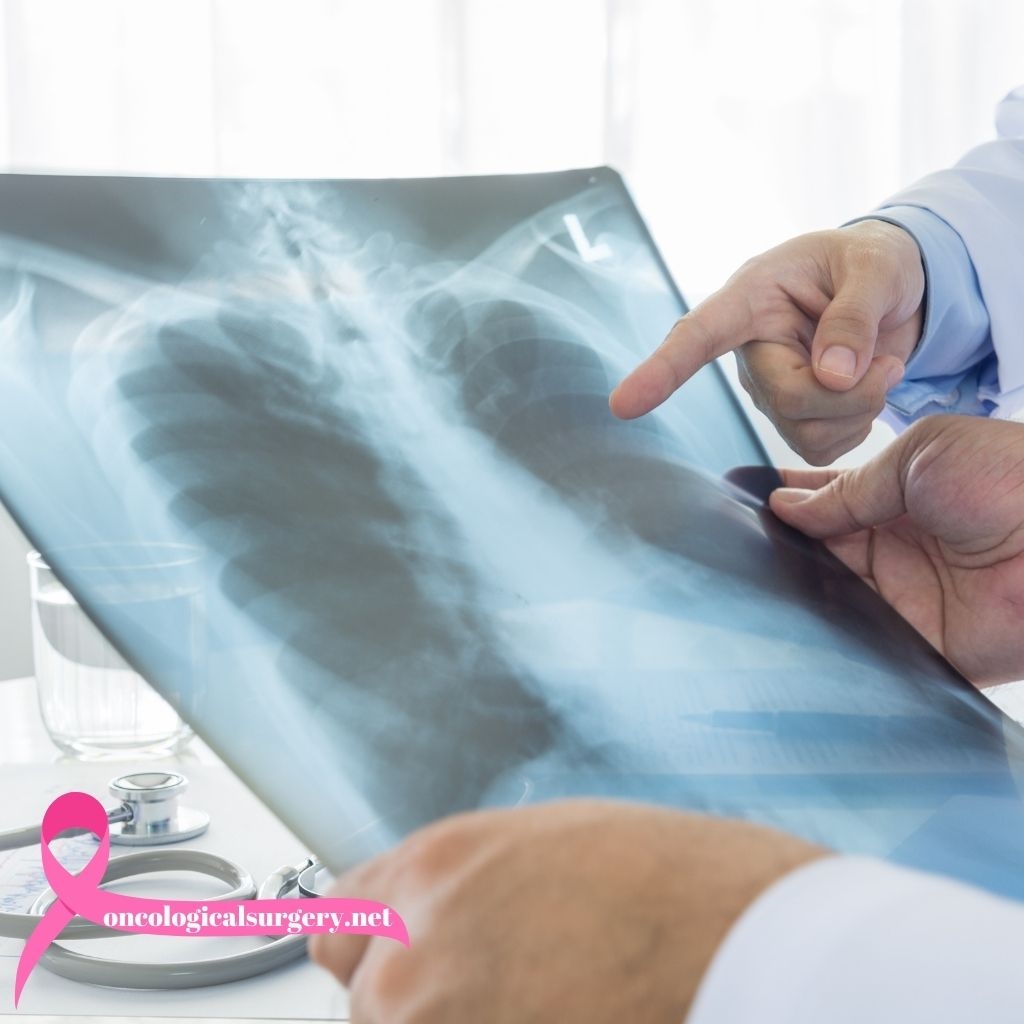
Step by Step: How Is Cancer Diagnosed?
When one hears the "cancer" word, it's not a diagnosis, it's a life-changing turn of events. Prior to that, though, is a lengthy and methodical road that begins in symptoms, concerns, and eventually, a diagnosed condition. Being aware of how cancer is diagnosed will put fear to rest, promote detection at an earlier stage, and enable informed decisions.
Throughout this article, we will trace the entire diagnostic journey step by step, right up to the final diagnosis, and discuss the growing global interest in fields like cancer treatment in Turkey and the ways in which private oncologists and cancer research in Turkey are paving the way to the future of personalized treatment.
Step 1: Identifying the Symptoms
Cancer always begins with a symptom—albeit a minor one at that. Symptoms will always depend on the type and site of cancer, but a few of the red flags to watch out for are:
- Chronic fatigue
- Involuntary weight loss
- Pain that will not go away
- Abnormal lump or swelling
- Changes in skin or moles
- Abnormal bleeding or discharge
None of these symptoms are cancer specific, and it's precisely due to this that they are so hard to detect. If you have any new or persistent changes in your health, no matter how minor they appear, you need to visit a doctor.
Step 2: Initial Consultation with a Doctor
The first step in any diagnostic process is a consultation in a clinic. During this consultation, your doctor will:
- Take a detailed medical history
- Ask about lifestyle practices, family history, and environmental exposures
- Perform a physical exam
Depending on the outcome, your doctor can order further testing or refer you to a private oncologist, especially in the case of a high suspicion of cancer.
Treatment by a private oncologist permits more rapid diagnosis timelines, one-on-one attention, and use of the latest diagnostic equipment—in medical facilities like those in Turkey, where the private facilities are both advanced and economical.
Step 3: Basic Diagnostic Tests
If the physician suspects something unusual, they will order a series of tests in order to further investigate:
Blood tests
Regular blood tests can reveal if there is anything wrong in the body. Although they do not detect cancer, they may show:
- Abnormal cell counts in the blood (indication of leukemia or lymphoma)
- Tumour markers (proteins produced by certain cancer cells
- Organ function (kidney, liver, etc.)
Imaging studies
The imaging tests let physicians "see" inside the body while avoiding surgery. They include:
- X-rays - They are best at finding bone or lung abnormality
- Ultrasound – Useful for detecting lumps or cysts that are fluid-filled
- CT scans - Provide cross-sectional images of organs in high detail
- MRI scans - Especially useful in imaging soft tissues and the brain
- PET scans - They can detect active cancer cells by their rate of metabolism
These scans are utilized to locate tumors, determine their size, and see if they’ve spread.
Step 4: Gold Standard - Biopsy
Imaging can detect something suspicious, but a cancer diagnosis is typically confirmed by a biopsy. In a biopsy, a sample of tissue is removed to test in the lab. Tissue removal method varies by site of the tumor:
- Needle biopsy – It's usually done under CT or ultrasound guidance and employs a thin needle to sample cells.
- Surgical biopsy – Involves removal of a portion (incisional) or entire (excisional) of the suspicious mass.
- Endoscopic biopsy – Done during a test using a scope (e.g., colonoscopy, bronchoscopy
The pathologist will look at the tissue under the microscope for cancer cells. If cancer exists, they will also identify the type, the grade, and even the genetic mutations in some cases—that are needed to devise treatment options.
Step 5: Staging the Cancer
After cancer is diagnosed, the next step is staging—how far it has advanced. Staging also helps guide treatment and predict the outcome. The best-known staging system is TNM:
- T (Tumor): Size and stage of the primary tumor
- N (Nodes): Involvement of lymph nodes
- M (Metastasis): Is cancer present in other organs?
Additional tests can include:
- Bone scans
- PET
- Additional lymph node or distant site biopsies
Cancer staging ranges from the very, or earliest,-stage Stage 0 to the advanced and extensive Stage IV.
Step 6: Molecular and Genetic Testing
Today in oncology, we are more informed about cancer from a molecular and genetic standpoint. These tests look for mutations in the cancer cell DNA that could potentially be fueling the tumor growth. These tests can:
- To choose targeted therapies,
- Forecast how aggressive the cancer will likely be
- Provide details of prognosis
This step is now becoming a standard of care at major cancer centers and a foundation of individualized cancer therapy.
Over the past several years, cancer research in Turkey accelerated the process of development and access to such sophisticated diagnostics. Equipped with state-of-the-art laboratories, joint research centers, and integration in the area of clinical studies, Turkey is now a preferred destination for sophisticated cancer diagnostics.
Step 7: Multidisciplinary Review
After all test results are available, your case is typically evaluated by a panel of experts. This can include:
- Oncologists
- Radiologists
- Pathologists
- Surgeons
- Genetic counselors
This teamwork tackles any aspect. Some of Turkey's cancer clinics specialize in the delivery of such multidisciplinary care, and in most instances, it is easily organized by your private oncologist.
Why One's Diagnosis Matters
A misdiagnosis will cause inappropriate or delayed treatment and worsen the outcomes. This is why timely and accurate diagnosis is critical in the treatment of cancer. Cancer diagnosed in the early stages is more likely to survive compared to cancer diagnosed in advanced stages.
Where and how one is diagnosed can affect the quality and timeliness of treatment. Most cancer patients receive treatment in Turkey nowadays due to:
- Short waiting times
- Advanced diagnostic technologies
- English-speaking specialists
- Competitve pricing of private services
- Strong worldwide reputation in oncology
Choosing a Private Oncologist: What to Consider
Your personal oncologist may be your navigator throughout the cancer process, from diagnosis through treatment and afterward. Here are some issues to consider in selecting one:
- Experience with your specific type of cancer
- Availability of advanced diagnostic techniques
- Ability to manage a multidisciplinary team
- Compassionate communication and being patient-centered
- Openness in risk and decision communication
The majority of the patients who have visited Turkey indicate that they receive a perfect blend of professionalism, empathy, and high technology—and at a small fraction of the price compared to Western nations.
Turkey Is Revolutionizing Diagnosing Cancer
In the last two decades, cancer research in Turkey led to revolutionary diagnostic work. International collaborative research center partnerships, international clinical trials, and investments in national cancer centers have had a tangible effect.
From biopsies using robots to diagnoses through artificial intelligent imaging, the diagnostic processes in Turkey not only cutting edge, but above all, at reasonable costs. It is no wonder, therefore, that increasingly foreign patients seek cancer treatment in Turkey as a beginning, not only for treatment, but also for correct diagnosis to begin with.
Closing Remarks
Cancer is not diagnosed by a single test, but by a highly choreographed process involving medical knowledge, technology, and careful decision-making. Every step, from the detection of symptoms to the choice of treatment, counts.
The good news? Following the events of the day, i.e., in Turkey and elsewhere, there are more options than ever available to accomplish timely, precise, and cost-effective diagnosis in a diagnostic journey of a patient. Be it treatment at home or a private cancer oncologist abroad, knowing the diagnostic journey helps you go forward in confidence and direction.
